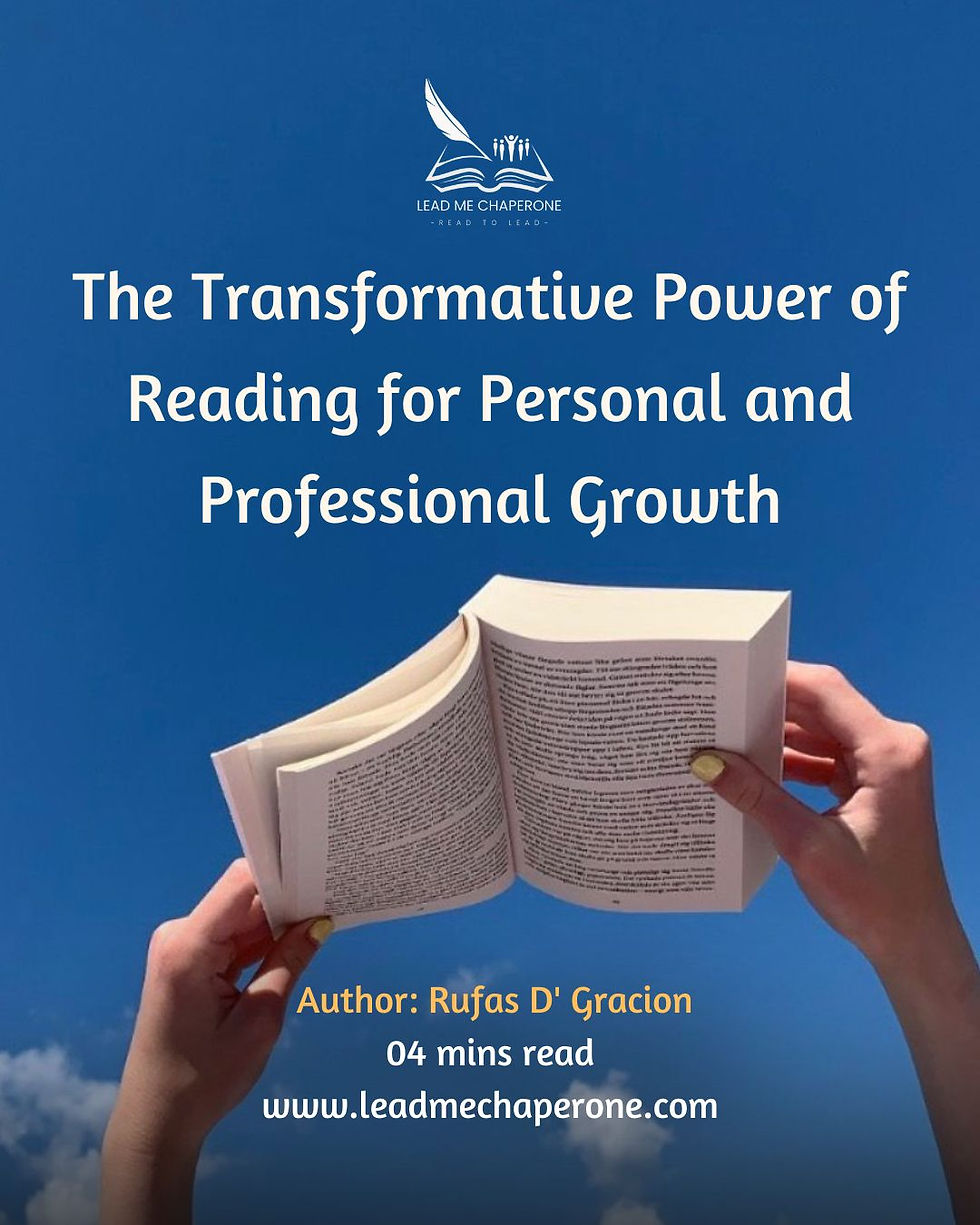Malala Day: Honouring the Voice of Courage and Education.
- Sajani Arthajeewa
- Jul 31, 2025
- 2 min read

Introduction.
Every year on July 12, the world comes together to observe Malala Day, a day dedicated to the inspiring story and powerful message of Malala Yousafzai, a Pakistani activist for girls’ education and the youngest Nobel Peace Prize laureate in history. Malala Day is not just a celebration of her birthday—it is a global reminder of the importance of education, especially for girls, and the ongoing fight for equal rights in the face of adversity.
Who is Malala Yousafzai?
Malala Yousafzai was born on July 12, 1997, in the Swat Valley of Pakistan, where the Taliban banned girls from attending school. From a young age, Malala spoke out about girls’ rights to education, writing a blog under a pseudonym for the BBC when she was just 11 years old. On October 9, 2012, Malala was shot in the head by a Taliban gunman while riding a bus home from school. She survived the attack and was flown to the United Kingdom for treatment. Instead of being silenced, Malala became even more determined to fight for education and peace around the world.
Why Is Malala Day Important?
Malala Day was first celebrated on July 12, 2013, when Malala addressed the United Nations on her 16th birthday. Her speech emphasised the power of education and the courage to speak out against oppression. Since then, this day has become a symbol of strength, resilience, and the urgent need to support education for all—especially in areas affected by conflict, poverty, or discrimination.
Key Lessons from Malala’s Story
Education is a basic human right – Malala reminds us that every child, regardless of gender or background, deserves access to quality education.
One voice can make a difference – Even in the face of danger, Malala’s words reached millions and changed global policies.
Courage is contagious – Her bravery has inspired young people around the world to stand up for their rights and the rights of others.
Global Impact
Malala co-founded the Malala Fund, an international organisation that advocates for education and invests in local education activists and programs in several countries. Through her efforts, thousands of girls have gained access to schools and learning resources.
In 2014, at the age of 17, Malala became the youngest-ever recipient of the Nobel Peace Prize, further highlighting the global importance of her mission.
Conclusion
Malala Day is not just about remembering one girl’s bravery. It is about encouraging all of us—governments, communities, and individuals—to take action in promoting education, equality, and peace. It is a call to ensure that no child is denied the right to learn because of their gender, geography, or background.
As Malala herself said,
“One child, one teacher, one book, one pen can change the world”







Comments